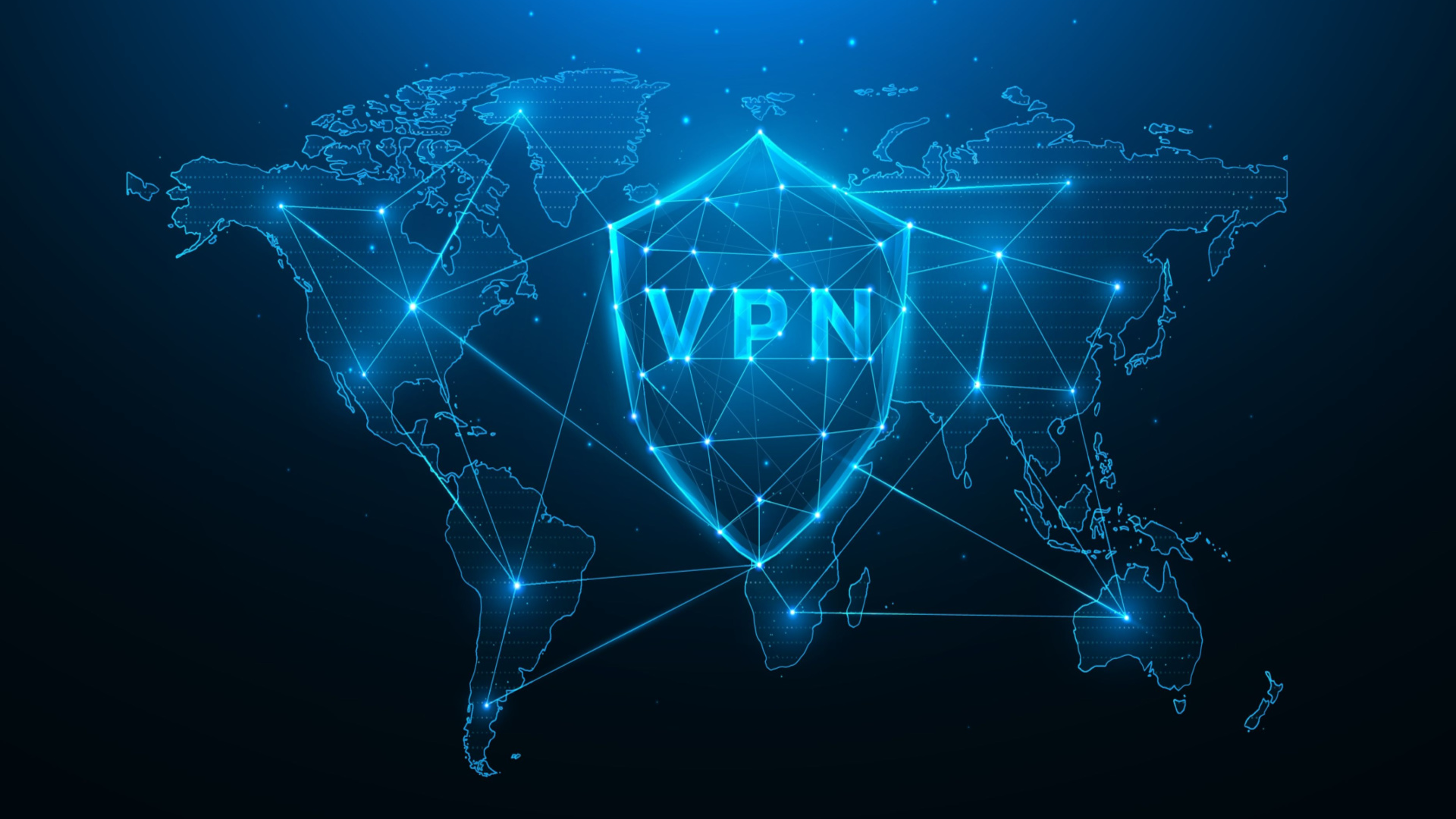Belarus protests: VPNs prove their worth once again
Virtual Private Networks (VPNs) give users their rights back

Sign up for breaking news, reviews, opinion, top tech deals, and more.
You are now subscribed
Your newsletter sign-up was successful
Belarus stands accused of recently cutting off the internet access for its citizens and, worryingly, tried to pass it off as an accident or meddling by foreign powers. The internet blackouts began to be reported during the country’s recent presidential election and have seemingly continued, meaning that protesters have been unable to post footage of violent clashes with riot police. Analysts at NetBlocks, (a digital rights advocacy group) were responsible for getting to the truth of the matter after careful monitoring of the various outages.
Seemingly, the authorities in Belarus stockpiled a list of over 10,000 keywords that it used to block access to everything from social media sites like Twitter to websites such as Amazon. Importantly, they also prevented access to many news sites like CNN and Fox News, a classic move when wanting to keep your citizens in the dark.
Once again, we see a sovereign state restricting internet freedom for its citizens in strikingly similar circumstances to the events that unfolded in Hong Kong last year. In this case we saw Twitter banning over 200,000 accounts for deliberately and specifically attempting to sow political discord in Hong Kong. Here we witnessed a sovereign state (China), effectively running political influence campaigns designed to undermine the legitimacy and the political views of protesting citizens.
The fight back
Virtual Private Networks (VPNs) give users their rights back by allowing them to bypass any restrictions on social media. To illustrate this, our data showed that during the unrest in Indonesia last year (and the blocks imposed on WhatsApp and Instagram), our traffic increased by 300 percent - massively reflecting the will of the Indonesian people looking to wrest back control over their freedom and expression of speech at a time when the government was restricting it.
In the last 5 years, awareness to protect data, to encrypt communication and minimize data collection has rapidly increased. Privacy and trust will be the main topics for 2020 - how do big corporations process data, store it and potentially abuse it? Regulation has certainly been lacking for many years now and the general public is playing catch up in the face of all the potential dangers. So what are some of the areas to consider with an eye on the horizon?
Protecting against threats
There are a lot of threats in privacy that have to be addressed. Some governments have mandated censorship, and having a device that is always connected requires the need for protection to be adopted. There is a lot at stake when you consider a digital future - not least of all your personal data. Perhaps this is the main reason that many people adopt a VPN; they want to secure all personally identifiable information (PII) that they transmit online. However, we should clarify that when people use social media and reveal information about themselves, this cannot be protected using a VPN; the VPN can only give you an anonymous IP and encrypt your connection. Ultimately, the need for VPNs is increasing due to rising cybersecurity threats which has, in turn, created a need and a strong desire to protect the technology that consumers use today. In an internet era that’s ripe with vulnerable and unsecured hotspots, connecting to any Wi-Fi network presents a privacy issue and exposes much of a consumer’s data without their knowledge. With the now widespread use of hoax Wi-Fi to fool users into connecting to a network, hackers can have complete visibility over your browsing and data. There are currently hundreds of millions of hotspots spread around the world and it is estimated that more than half of all mobile traffic is being offloaded to Wi-Fi. This is music to a hacker’s ears because hotspots (think public Wi-Fi especially) are soft targets when hunting for unprotected users.
The future of privacy
On a global level, it is clear that there is not much left in the way of privacy - perhaps the best example being The Great China Firewall but also in the U.S. where there is a resolution to let ISPs share private data. The issue now facing the world is how to manage data privacy in the future, taking into account the need to prevent data being used in ways which consumers find objectionable. There is always regulation of course and we have already seen the introduction of GDPR, perhaps the most important change in data privacy regulation in 20 years.
Previous breaches effectively allowed the identities of millions to be illegally bought and sold. It has also been a welcome boon for the VPN industry with numerous articles outlining VPN technology and similar ways for consumers to protect themselves online. In this day and age, there is also the challenge of a proliferating number of devices which all collect data for different purposes. For example, where you are using the likes of Skype or Facebook, you are talking about the transfer of data to a third party. People, generally, are not comfortable with their personal data being compromised - they are interested in reducing any possible risk of data leakage. In light of all of this, the VPN industry will continue to make sure that using a VPN is affordable and easy for everyone.
Censorship results in VPN surge
In an age where governments are looking at ways to suppress and control their citizens, VPNs are becoming a popular way to bypass internet censorship under such regimes. Paradoxically, those countries that currently restrict VPNs (such as China and Russia) haven’t actually harmed industry growth - indeed, they have put VPNs in the spotlight. When you have countries that create legislation effectively outlawing VPN usage, this can backfire on the government - local citizens resist and it also sparks a huge rise in media coverage (anti-government, pro-net-neutrality). When a country does decide to introduce ‘online censorship’, the strategy is to block certain websites, news portals and popular social media sites.
With people becoming more concerned about their privacy and with some governments continuing to use digital censorship tactics, the growth of security platforms such as VPNs will undoubtedly continue in the same vein.
Sebastian Schaub, Founder, Hide.me
- Also check out our list for the best VPN
Sign up to the TechRadar Pro newsletter to get all the top news, opinion, features and guidance your business needs to succeed!
Sebastian Schaub, CEO, hide.me
